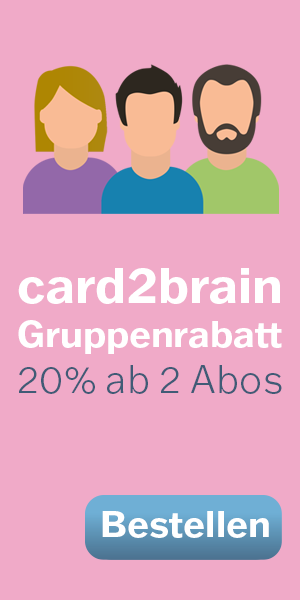Spanish 1
File to learn Spanish, especially phrases and vocabulary related to the hospitality industry. Provided for this card file is enhanced knowledge in english as well as in german. There are two files available: Spanish 1 and Spanish 2.
File to learn Spanish, especially phrases and vocabulary related to the hospitality industry. Provided for this card file is enhanced knowledge in english as well as in german. There are two files available: Spanish 1 and Spanish 2.
Fichier Détails
| Cartes-fiches | 500 |
|---|---|
| Langue | English |
| Catégorie | Espagnol |
| Niveau | Université |
| Crée / Actualisé | 29.08.2017 / 08.01.2024 |
| Lien de web |
https://card2brain.ch/cards/20170829_spanish_1?max=40&offset=400
|
| Intégrer |
<iframe src="https://card2brain.ch/box/20170829_spanish_1/embed" width="780" height="150" scrolling="no" frameborder="0"></iframe>
|
¿Còmo puedo ir al centro?
How can I get to the centre?
Puede ir en ciche/en taxi/a pie.
You can go by car/taxi/on foot.
EL centro està a 5 minutos en coche/a pie.
The centre is 5 minutes by car/by foot.
Aquì tiene el mapa.
Here is the map.
Tenga, las postales.
Here you are, the postacards.
Aquì està(n) la(s) entrada(s).
Here is/are the card(s).
¿Cuàl es el precio?
What is the price?
¿Cuànto es/cuesta el mapa?
How much does the map cost?
¿Cuànto cuestan las postales?
How much do the postcards cost?
Las postales cuestan 3 euros.
The postcards cost 3 euros.
Es un euro con/y veinticinco.
It is one euro twenty-five.
Son dos euros con/y cincuenta (en total).
It is two euros fifty (in total).
Aquì tiene veinte euros
Here is twenty euros.
Tenga, cinco euros.
Here you are, five euros.
Quèdese con el cambio.
Keep the change.
Aquì està el cambio.
Here you are (giving back change).
Aquì tiene (los) dos euros.
Here you are, two euros (giving back change).
Muchas gracias/gracias a usted.
Thank you very much.
Igualmente.
Likewise.
No hay de què.
No problem.
De nada.
No problem.
A su servico.
At your service.
Es un placer.
It is my pleasure.
¡Que tenga un buen/una buena noche, adiòs!
Have a good day/evening, goodbye!
¿Te gusta la ciudad?
Do you like the city?
¿Le gusta el bar?
Do you like the cafe? (formal)
¿Te gusta ir en bicicleta?
Do you like cycling?
¿Le gusta bailar el tango?
Do you like dancing the tango? (formal)
Sì, me gusta (mucho).
Yes, I (really) like it.
No, no me gusta (nada).
No, I (really) dont like it.
¿Te gustan las montañas?
Do you like (the) mountains?
¿Te gustan los parques?
Do you like (the) parks? (formal)
Sì, me gustan (mucho).
Yes, I (really) like it.
No, no me gustan (nada).
No, I (really) dont like it.
A mì tambièn.
Me too.
A mì tampoco.
Me neither.
A mì sì.
I do.
A mì no.
I dont.
¿Què haces (tù) hoy/ahora?
What are you doing today/now?
¿Què haces (tù) normalmente/por la mañana/por la tarde/por la noche?
What do you do normally/in the morning/afternoon/evening?















